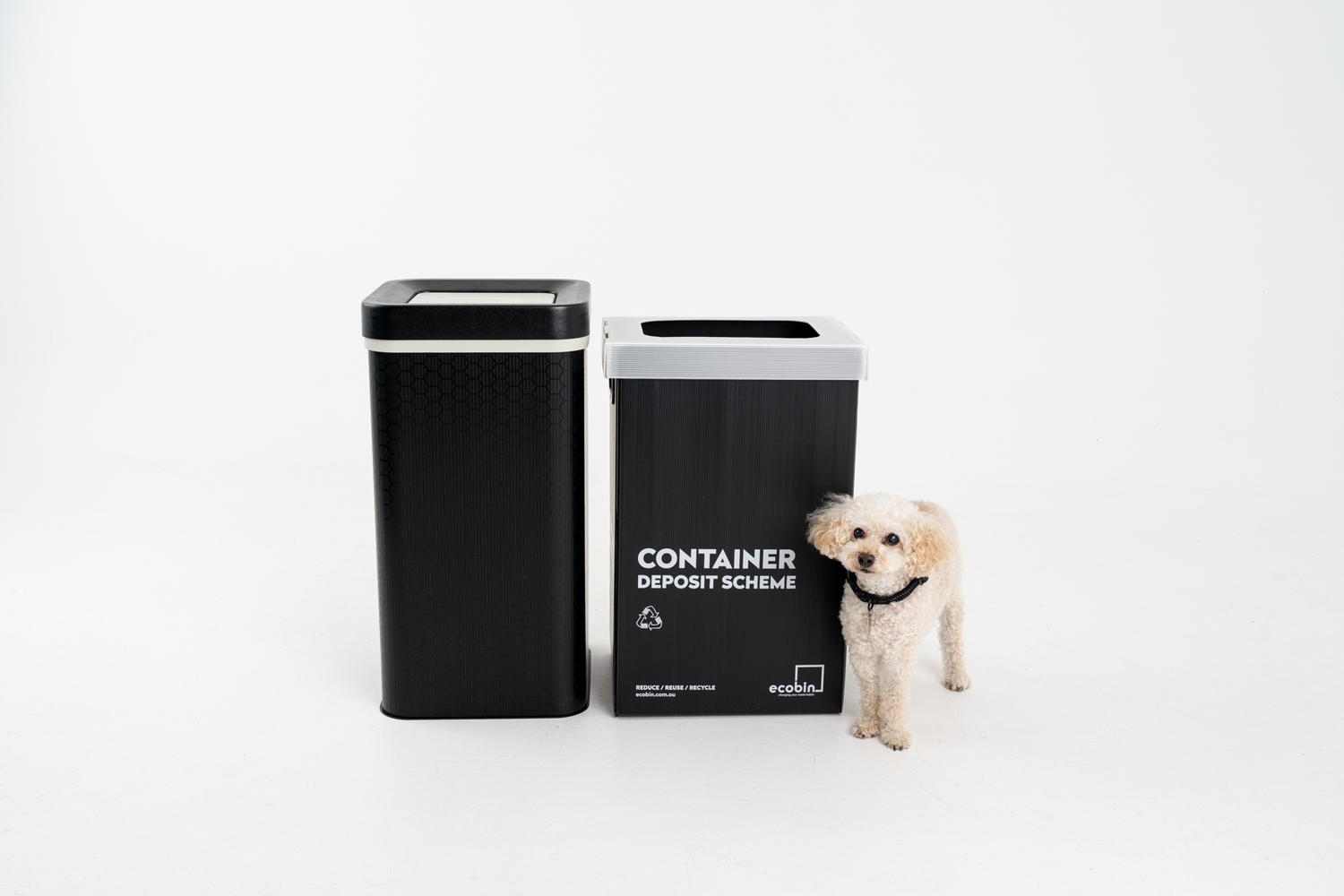
Water Sustainability
Around 1 billion people don’t have access to clean drinking water in at least 80 countries around the world. There’s a global water crisis, and the situation may get worse with the increase in population and global warming. Everybody needs to understand that water is not infinite.
The world is experiencing severe climate change. The wet areas are getting wetter and the dry areas are getting drier, due to which the number of droughts have increased. Also, globally there are huge areas of people suffering from malnutrition and polluted water.
There are solutions to the water sustainability crisis like conservation, recycling, desalinating salty water, reusing water from municipal sewage treatment plants.
The simplest and the most important solution is conservation of water. All it requires is for you to just be mindful when using water at work, at home and when it comes to agriculture Agriculture consumes 70% of the water globally, especially in hot areas which need the water most because it evaporates before it gets to the roots of the crops. Israel has developed a technique called ‘drop to crop’ and is saving lots of water thanks to this super method that has been around for decades. In this technique, long tubes are put in the ground with strategic holes where the plants are going to be planted each year. Water is delivered directly to the root of the plant and this conserves water. It doesn't require major capital investments and can easily be applied in developing countries. This technique has already been implemented in 30 countries worldwide which have revolutionised agriculture.
The other solution is desalination. Desalination is the process of turning ocean water into drinkable freshwater. The cost is the reason why desalination is not used much. The energy requirements are sky-high, so this cost is too high for most countries. There are environmental concerns too as ocean life is heavily affected when the water is pumped out by desalination plants.
The amount of freshwater in the world is only 3-4% out of which 2% is locked up in the ice glaciers so more freshwater is needed. Educating children as well as adults is key in keeping the future of our planet healthy. Cutting down on your shower time, turning the taps off while brushing your teeth or shaving, saving water while washing clothes and utensils & using greywater for gardening and other cleaning purposes are some of the ways that can be implemented in your daily routine. These simple methods can easily become part of your day to day life.
The other big solution is reusing and recycling of water. The shower bucket is the simplest way to recycle water at home. Instead of wasting the water while waiting for hot water to come, you can simply save it by using a bucket and then use that clean water for any other purpose. Installing rain barrels, creating rain gardens and collecting rainwater by rain harvesting are also very useful techniques. The urban wastewater, after multiple purification methods like microfiltration, reverse osmosis etc can be reused for agriculture.
Water sustainability is very important for this planet’s sustainability. Protecting the environment for the coming generations starts with more effective water management.
